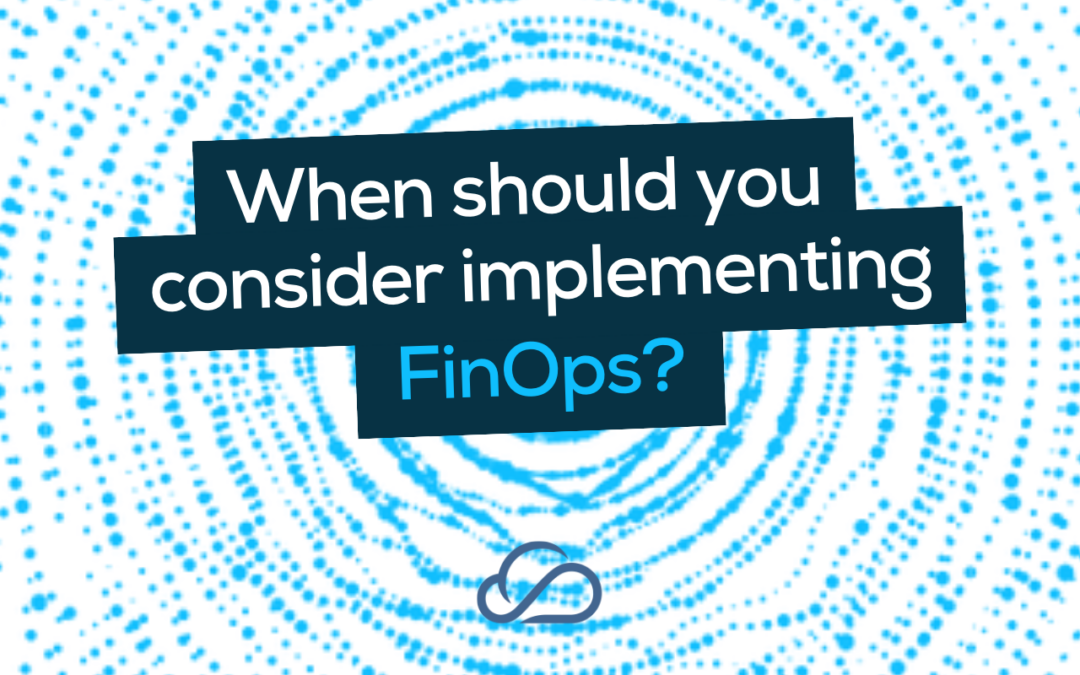Businesses are quickly adapting to cloud optimization, but that change brings expensive downfalls if it is not done properly. Businesses, large and small, are seeing the benefits of integrating into public and private clouds and searching for ways to optimize their business functionality. While moving with technology can be a great step forward for a company, it is essential to understand the full scope of the changes being made. Cloud optimization is not a task done blindly. Like any business decision, it must be researched, backed up, and strategized to ensure success. That is where FinOps comes into play.
When Did Your Cloud Migration Start?
The easiest way to answer the question of when to consider implementing FinOps is to answer when did you first adapt to the cloud. Ultimately, these two actions should be done simultaneously. If they are not, you could be overspending on the cloud in the first few months of having it. Waiting it out and seeing how much you spend can be a costly strategy, and it can be extremely beneficial to be proactive in your cloud migration process.
Whether your business is already established or you have a start-up, do not have one without the other.
Why Should You Implement FinOps So Soon?
Changing over to the cloud is already a great way to cut costs from owning and maintaining your own equipment while also increasing scalability and flexibility for your business. With the benefits that the cloud can bring, FinOps is essential to ensure that the money you save is not being put toward unnecessary tasks or programs you will not utilize.
FinOps is your business’s way of strategically allocating cloud resources, providing a stable budget, following forecasts, and maintaining financial accountability.
Who Should Be On Your FinOps Team?
Your FinOps team should be composed of people who understand your business, know its needs, and can help it reach its goals. It should start with your CEO, CTO, and CFO. These will be the ones who can not only direct the business but understand what is happening from all angles. Then, additional financial and IT crew can be essential. They will help understand the technical side of FinOps while working together to create a sustainable budget for the business to run on.
FinOps is your way of creating accountability between everyone utilizing your cloud software. Once a team is made, and FinOps is implemented, you can develop the FinOps culture needed to ensure everyone on your team is on the same page and understands the road to success.
How To Get The Best Results
FinOps focuses on performance, quality, and cost. To get the best of all three for your business, it is essential to consider when you plan on implementing cloud computing, your current technical knowledge, and the end game you seek from using cloud computing. The end game might often be missed when the proper steps are not taken to get there. FinOps provides you with the metrics, measurements, data points, strategies, and automation necessary to reach your technical goals and get your business to a more cost-effective and efficient place.
If you have started cloud migration into your business and want to ensure you are getting the most out of it, reach out to the team at FinOps Oversight.

